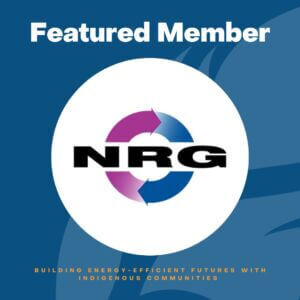by ICC Staff
Launched in April 2020, the Manitoba Keewatinowi Okimakanak (MKO) Harvester Program is a transformative initiative aimed at supporting hunting, harvesting, and food sharing in isolated Northern communities. The program, in addition to revitalizing traditional practices, also promotes self-determination, aligning with community priorities.
A major focus of the program addresses food insecurity by creating access to a food bank network in partnership with organizations fulfilling the high demand in Northern communities. Monthly meetings with harvesters ensure that their needs are met, while community visits facilitate direct engagement with coordinators and harvesters. In the process, this also serves to facilitate the preservation of traditional practices.
Currently, there are eight isolated MKO First Nations that participate in the program. Beyond addressing food insecurity, the program contributes to much broader goals, including education, health, and economic development, as well as to strengthen the connections between youth and elders.
The program, crucially, also highlights both the need to revitalize traditional practices and the difficulty in doing so. Access to capital is a necessary component yet remains a challenge for remote communities. Governments, as such, can play an important role in helping to preserve traditional practices where few private sector options exist.
Addressing Climate Change and Food Sovereignty
Another key outcome of the program is raising awareness about the effects of climate change. Indigenous communities, especially those in remote areas, are among the most vulnerable when it comes to the impact of climate change. According to a report by The World Bank, Indigenous peoples across the world account for just 4% of the global population yet account for 10% of those in poverty –– a similar pattern to the Canadian situation.
In turn, this makes addressing climate change within Indigenous communities especially difficult, as not only do Indigenous communities depend on wildlife and the environment for sustenance, but there are few resources available to help them deal with the consequences. Developing the Indigenous economy in remote communities, therefore, is not just about increasing consumption but a social and moral imperative.
To this end, the Harvester program aims to assist participating communities in creating three-year strategic plans, providing toolkits and funding tailored to their unique needs.
Moreover, the creation of a distribution centre in Thompson is also underway, with plans for the centre to serve as a hub for efficient deliveries and as a gathering place for educational purposes.
Building a Sustainable Future Through Knowledge Sharing
Recently, the Indigenous Chamber of Commerce (ICC) had the privilege of participating in an event organized by the MKO Harvester Program which brought together communities, traditional knowledge keepers, and harvesters to celebrate Indigenous food sovereignty and cultural revitalization.
The event featured a selection of traditionally harvested foods, including smoked fish, roasted beaver, wild goose, and seasonal muskrat –– a nourishing and culturally significant food enjoyed by many Indigenous communities. The ICC extends its heartfelt thanks to the MKO Harvester Program and all participants for their generosity in sharing their knowledge and traditions. We are honoured to stand alongside our community, celebrating the resilience, strength, and wisdom of Indigenous cultures. We look forward to continuing this journey of learning and growth together.
Join Our Newsletter
As Manitoba's voice for Indigenous business and your partner in economic reconciliation, we connect you to opportunities that drive change. Subscribe to receive updates on Indigenous business developments, partnership opportunities, and upcoming events delivered straight to your inbox.
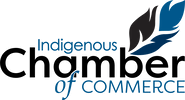
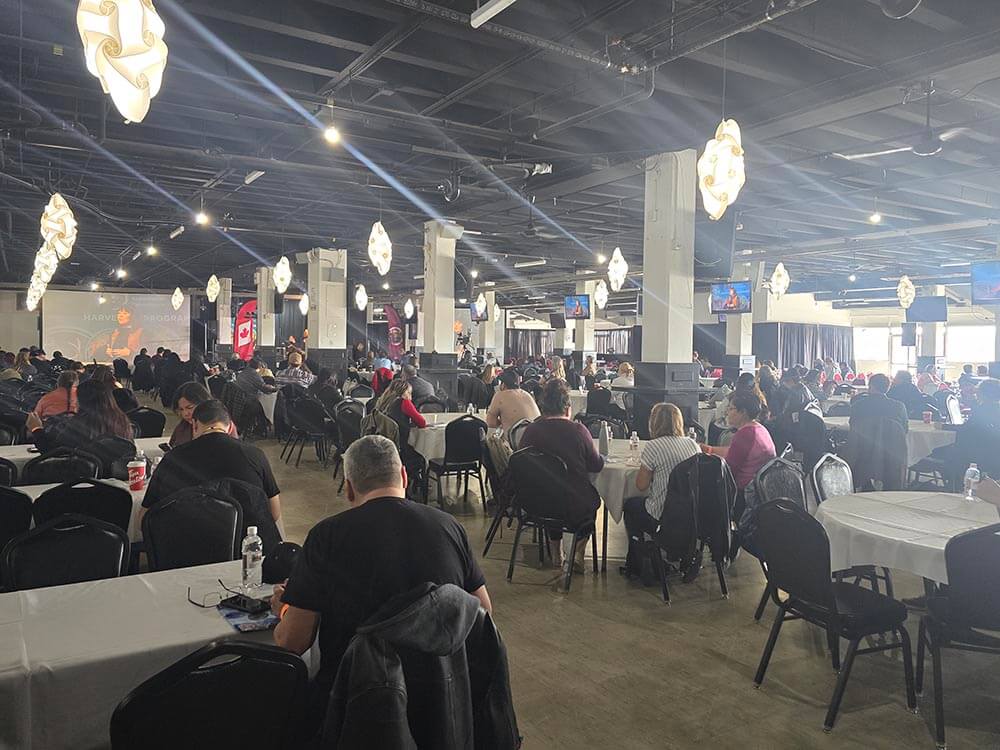
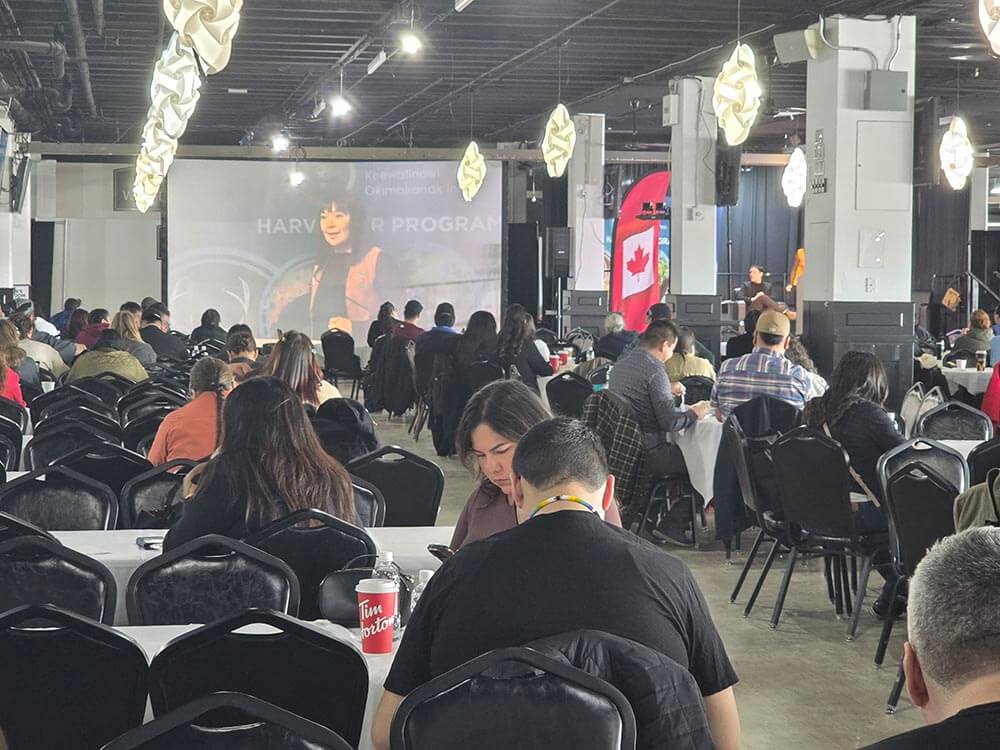
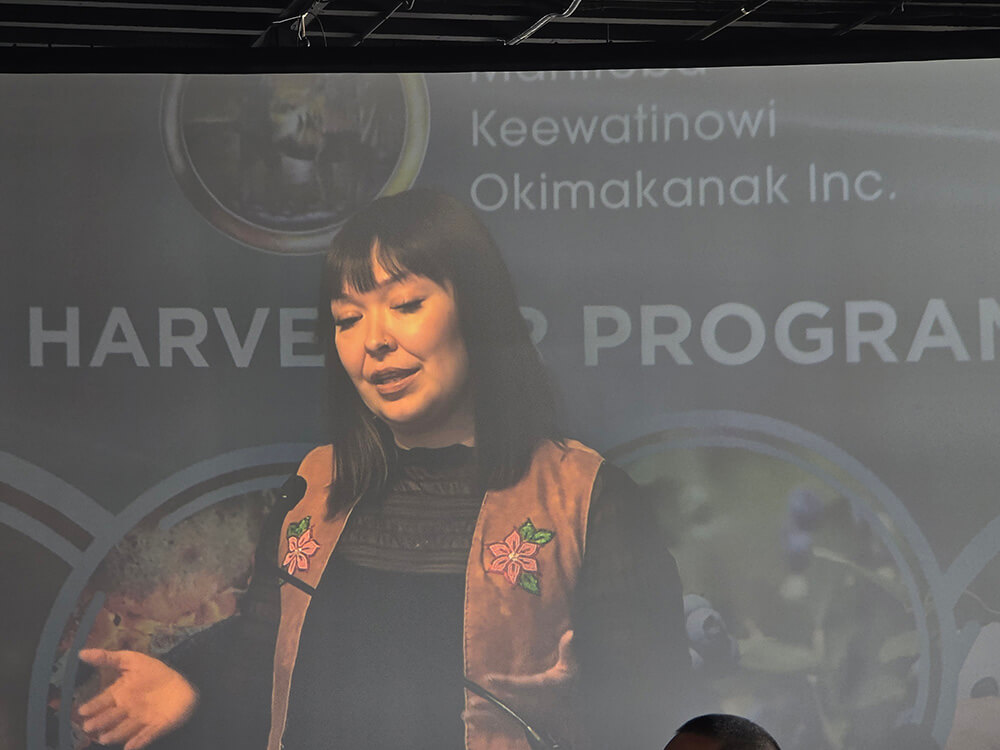
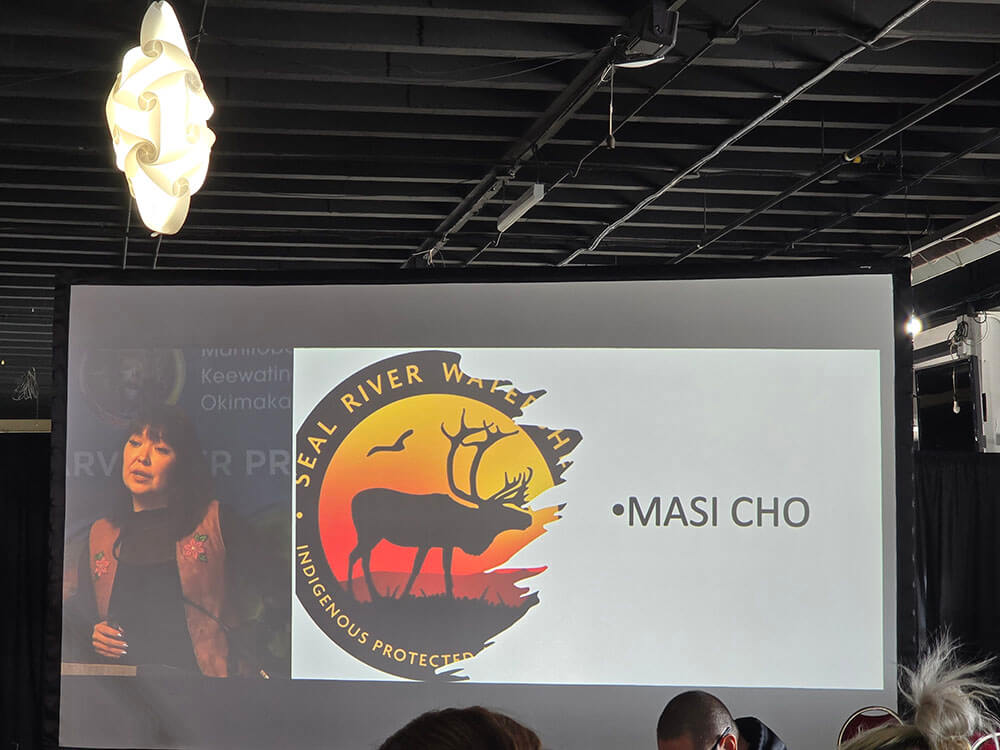
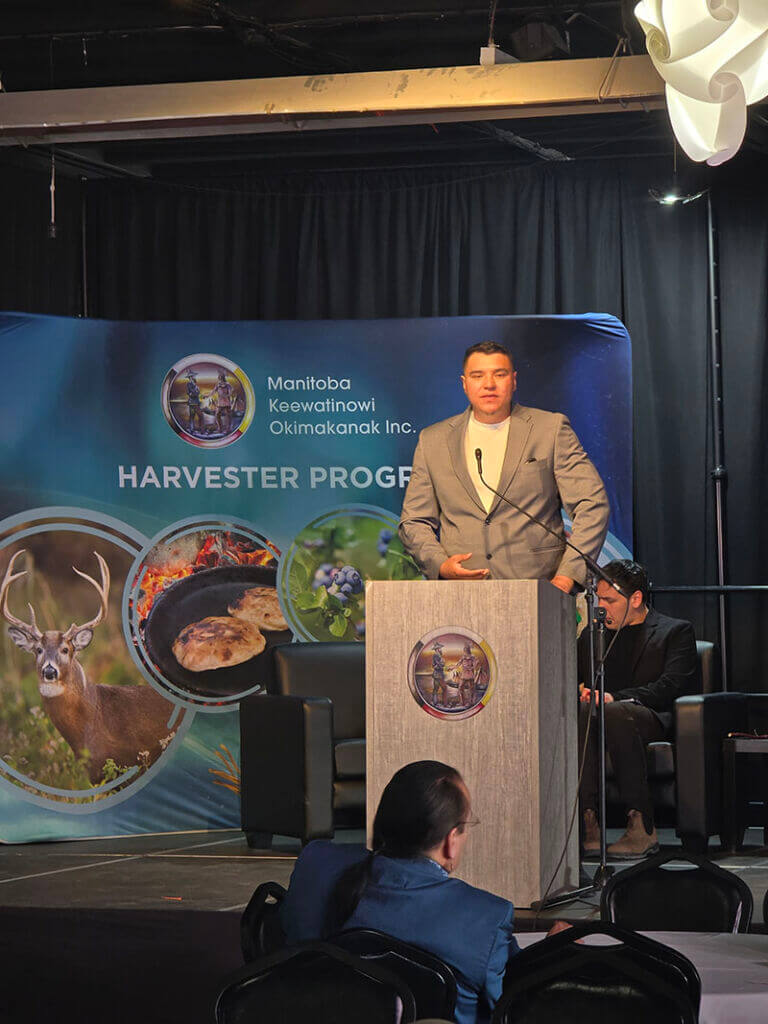
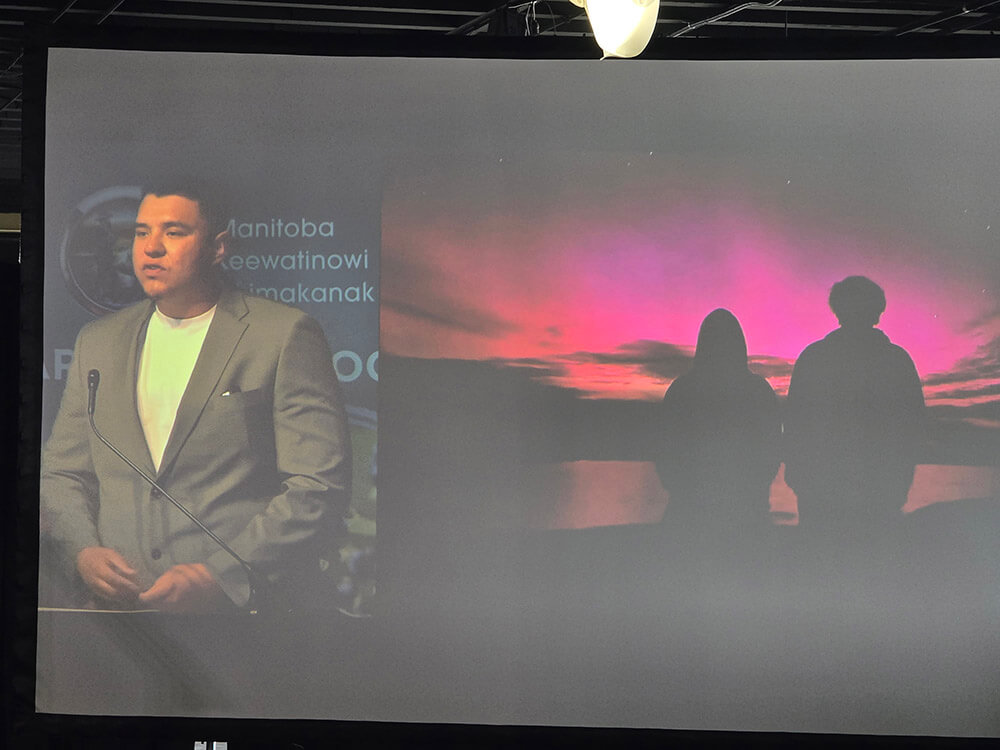



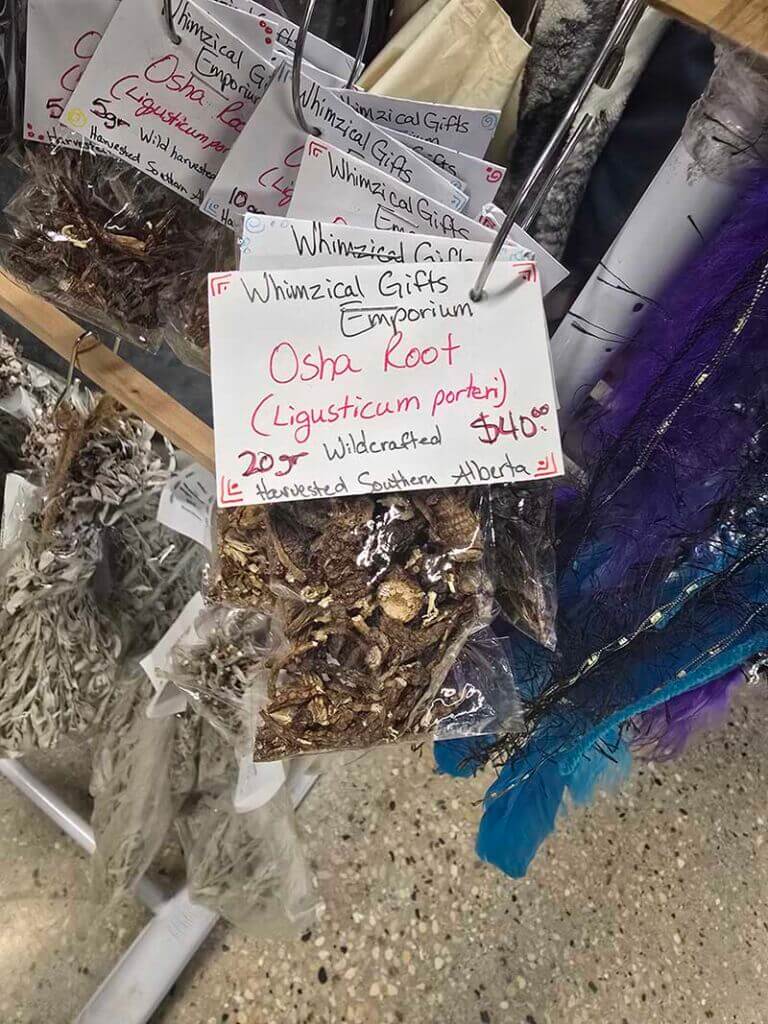
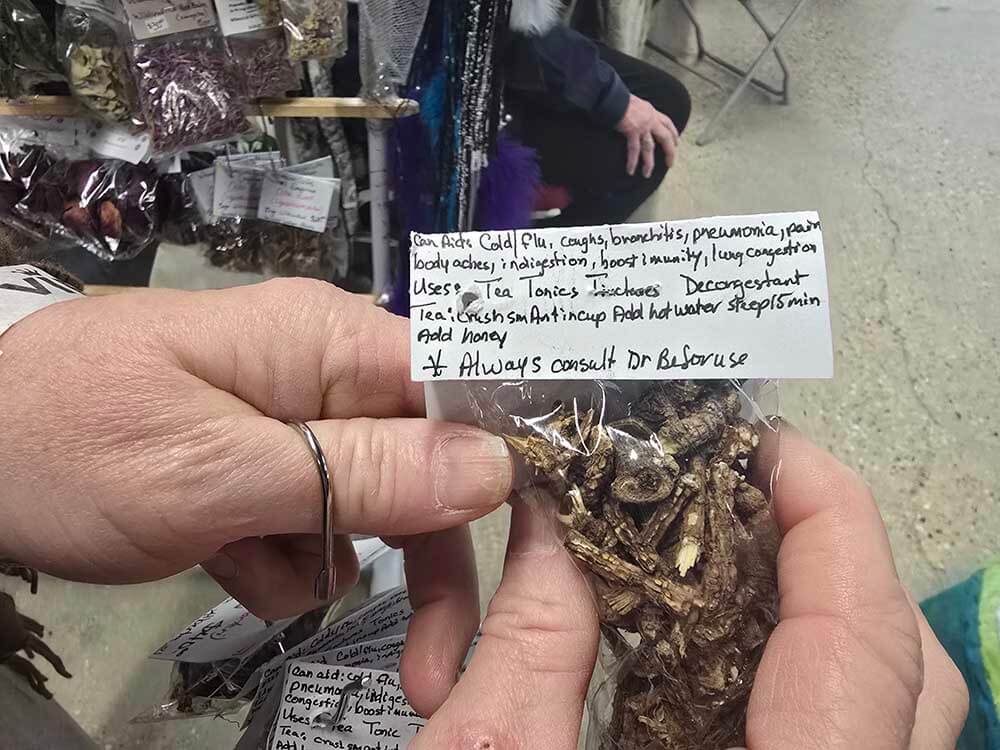

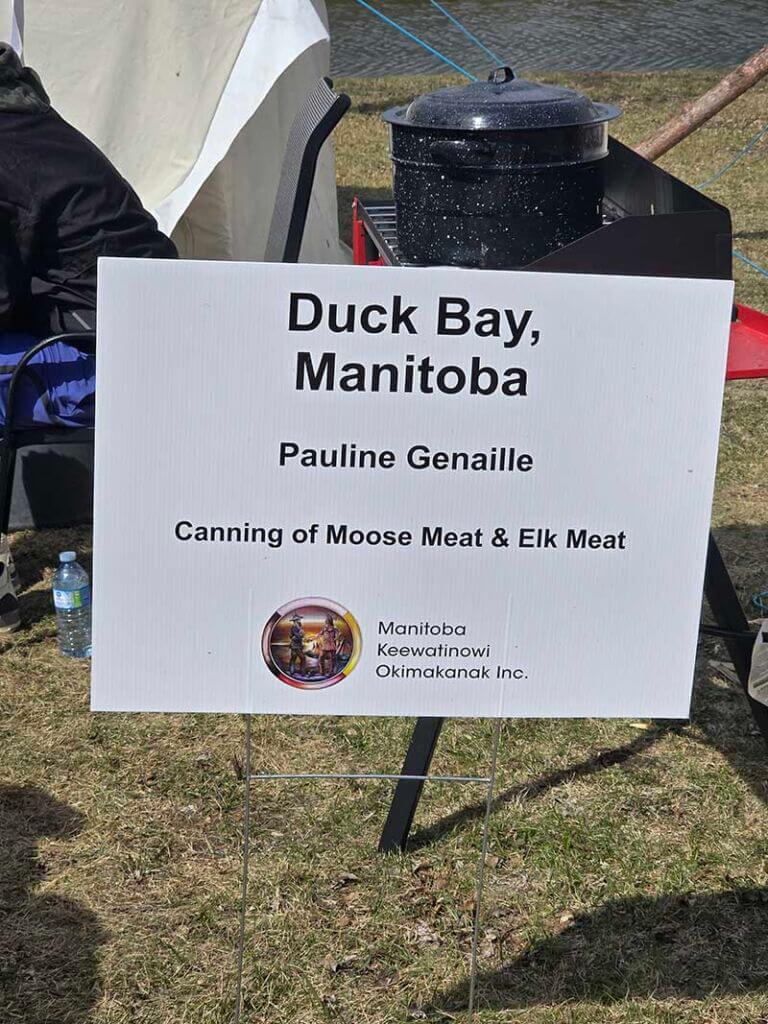
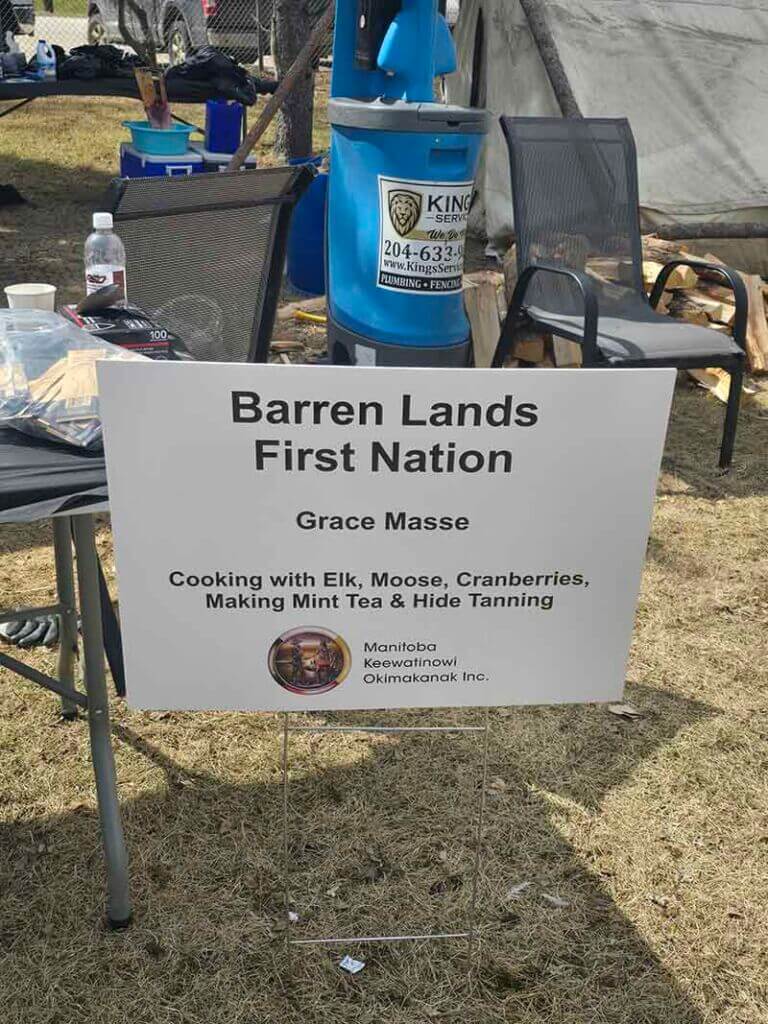
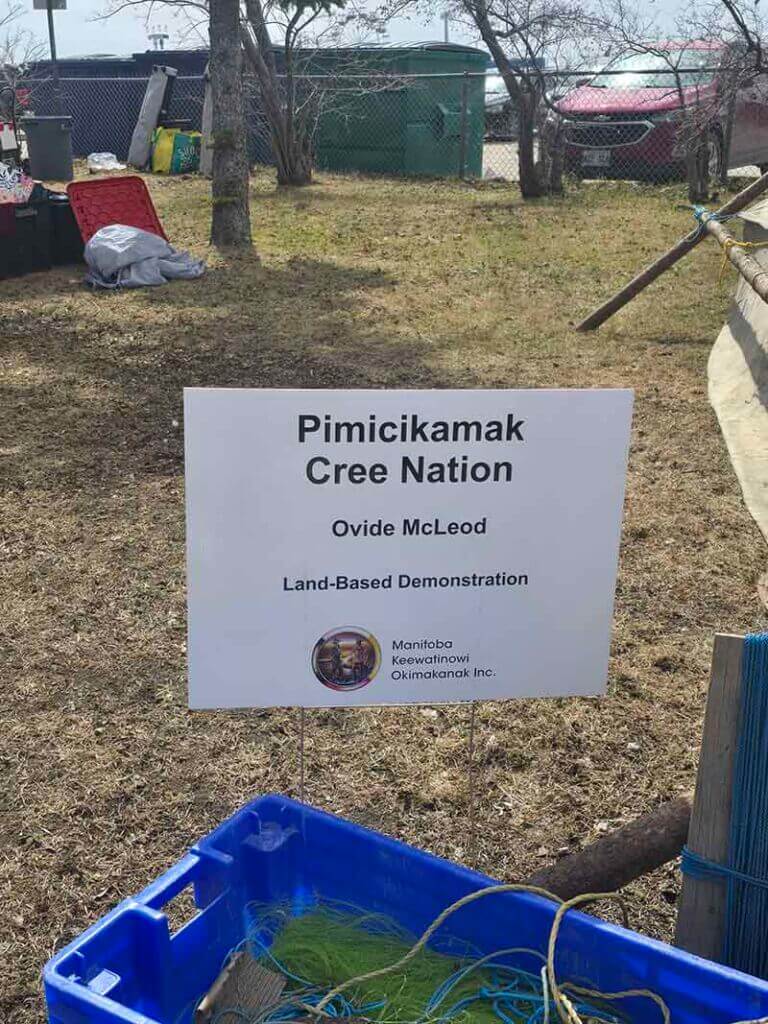
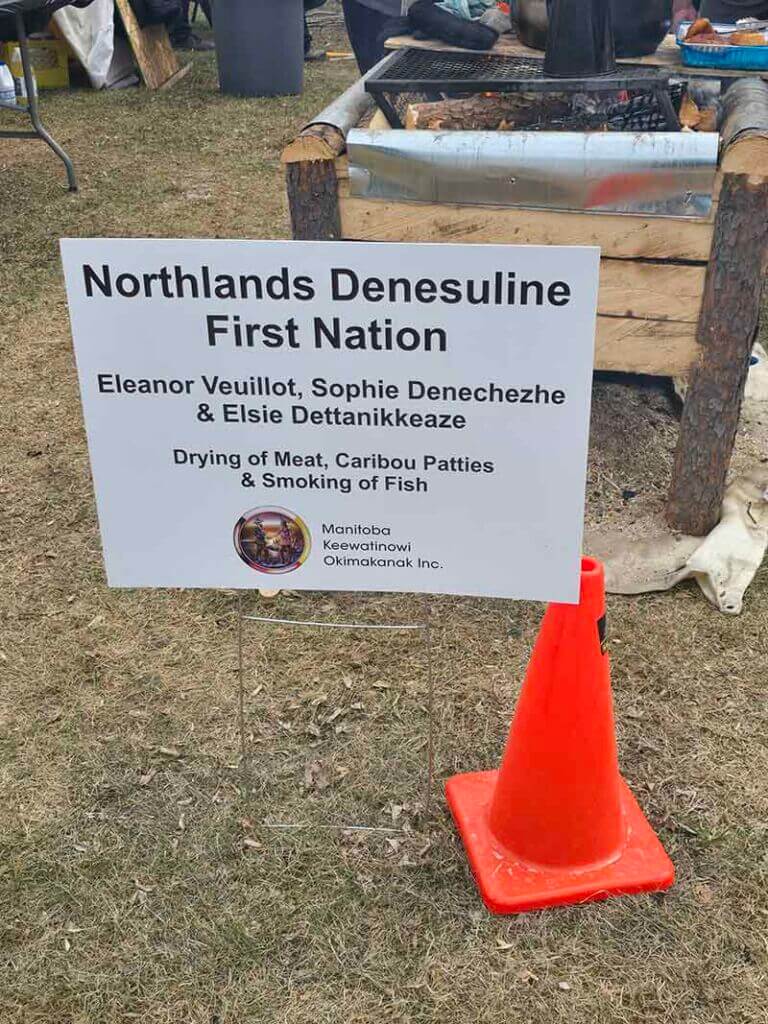
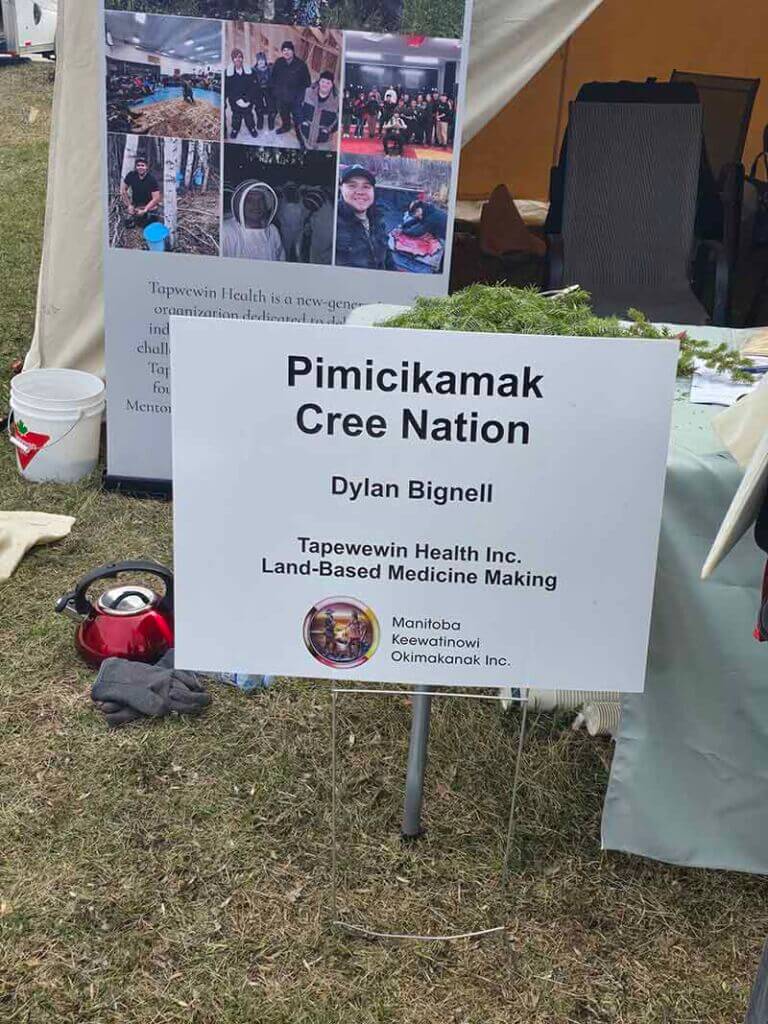
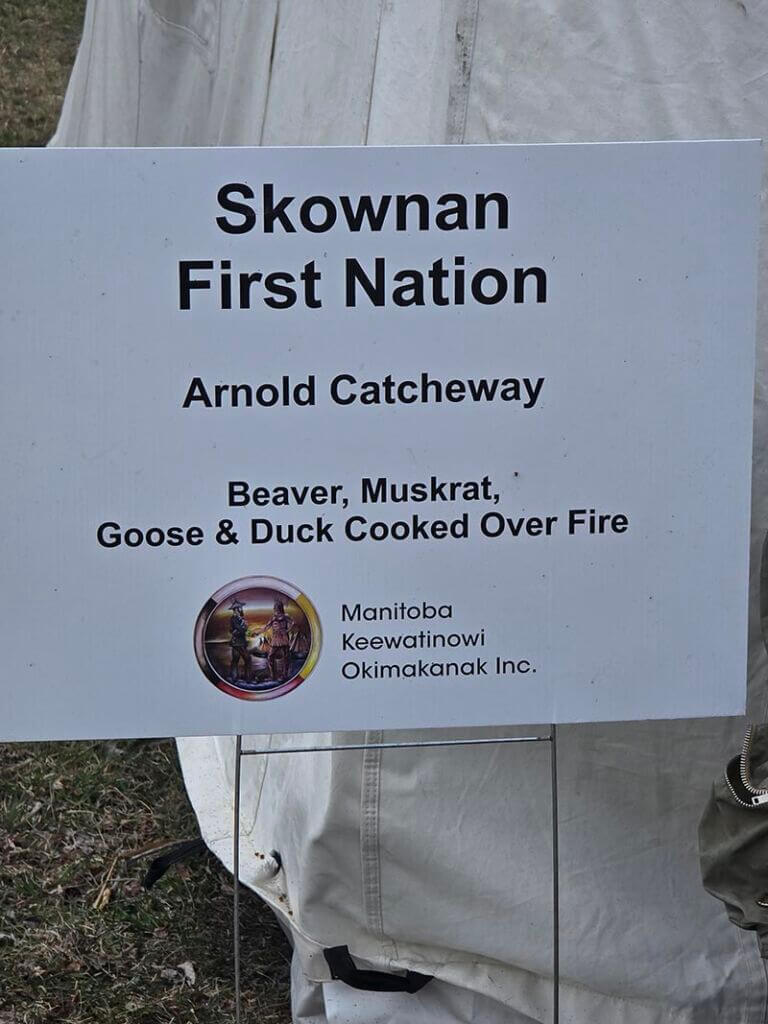
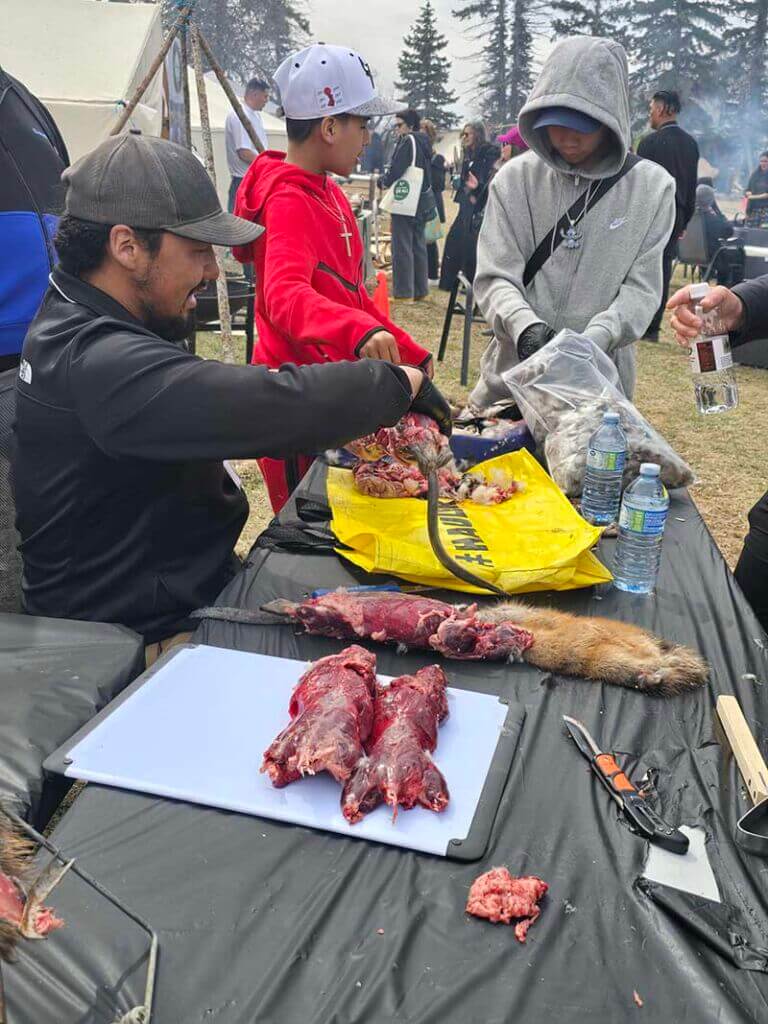
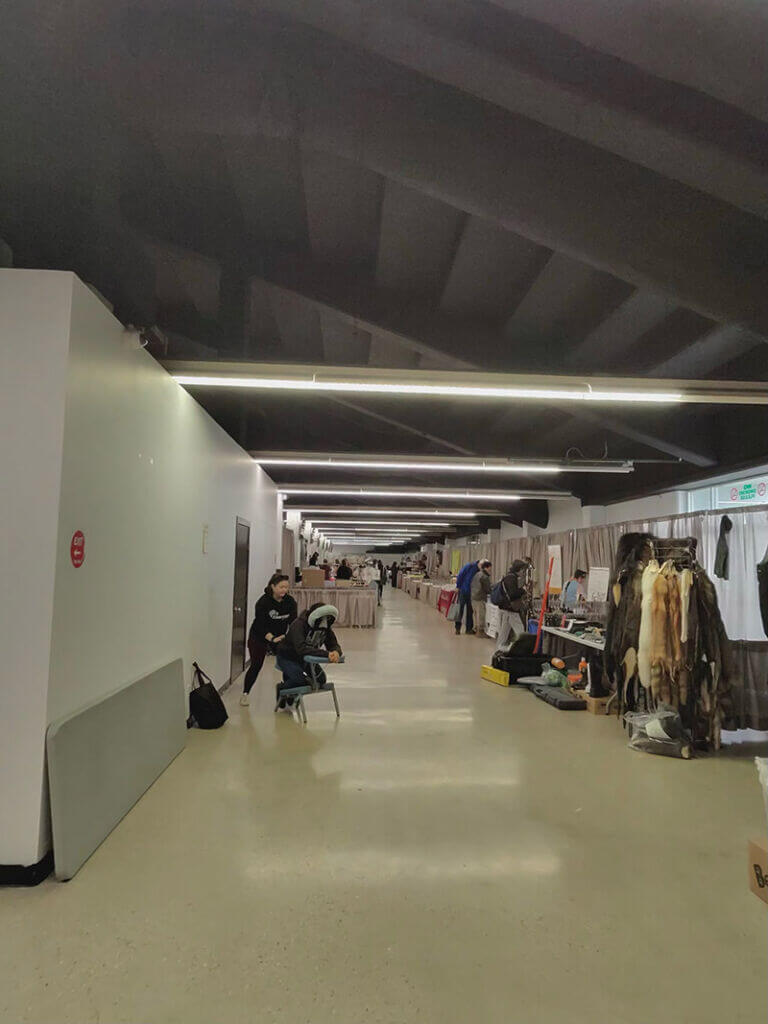
![HARVESTERS-PROGRAM[4] MKO Harvesters Program](https://growthzonecmsprodeastus.azureedge.net/sites/395/2025/05/HARVESTERS-PROGRAM4-768x1024.jpg)
![HARVESTERS-PROGRAM[5] MKO Harvesters Program](https://growthzonecmsprodeastus.azureedge.net/sites/395/2025/05/HARVESTERS-PROGRAM5-768x1024.jpg)
![HARVESTERS-PROGRAM[8] MKO Harvesters Program](https://growthzonecmsprodeastus.azureedge.net/sites/395/2025/05/HARVESTERS-PROGRAM8-768x1024.jpg)
![HARVESTERS-PROGRAM[9] MKO Harvesters Program](https://growthzonecmsprodeastus.azureedge.net/sites/395/2025/05/HARVESTERS-PROGRAM9-768x1024.jpg)
![HARVESTERS-PROGRAM[13] MKO Harvesters Program](https://growthzonecmsprodeastus.azureedge.net/sites/395/2025/05/HARVESTERS-PROGRAM13-768x1024.jpg)
![HARVESTERS-PROGRAM[19] MKO Harvesters Program](https://growthzonecmsprodeastus.azureedge.net/sites/395/2025/05/HARVESTERS-PROGRAM19-768x1024.jpg)
![HARVESTERS-PROGRAM[22] MKO Harvesters Program](https://growthzonecmsprodeastus.azureedge.net/sites/395/2025/05/HARVESTERS-PROGRAM22-768x1024.jpg)
![HARVESTERS-PROGRAM[69] MKO Harvesters Program](https://growthzonecmsprodeastus.azureedge.net/sites/395/2025/05/HARVESTERS-PROGRAM69-768x1024.jpg)
![HARVESTERS-PROGRAM[79] MKO Harvesters Program](https://growthzonecmsprodeastus.azureedge.net/sites/395/2025/05/HARVESTERS-PROGRAM79-768x1024.jpg)
![HARVESTERS-PROGRAM[92] MKO Harvesters Program](https://growthzonecmsprodeastus.azureedge.net/sites/395/2025/05/HARVESTERS-PROGRAM92-768x1024.jpg)
